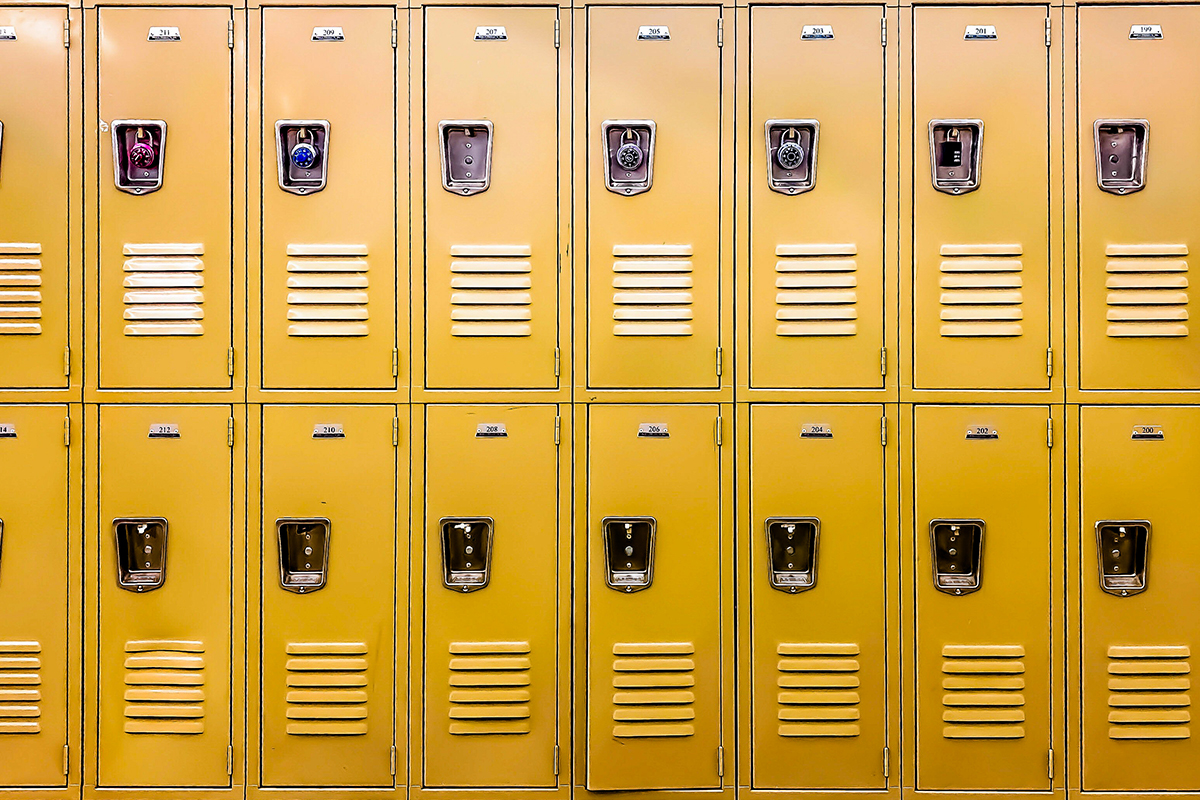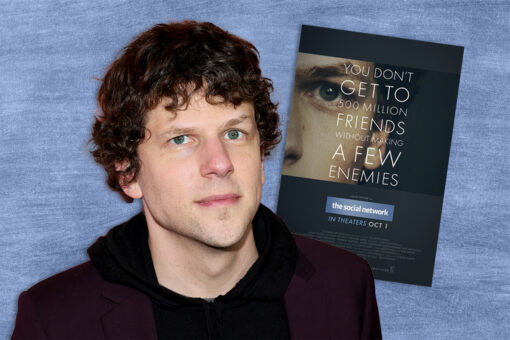Growing up with no religious observance, I remember the feeling of uneasy surprise the first time I was bullied for being Jewish in fifth grade. I grew up in Hastings, Nebraska, which has a population around 26,000 people who are predominantly white and Christian.
At first, it was name-calling. Kids called me “stupid Jew” or publicly announced me as “the Jew” when I’d enter the classroom. Once, at a middle school basketball game, a classmate asked me very publicly for my number. I went to grab my phone, confused by the question and his tone when suddenly, he grabbed my arm and mused, “No Macie, I meant your number,” twisting my arm over as if I too might have a number tattooed on my arm like a victim of the Holocaust.
I was hesitant to let the school know at first out of fear of social repercussion. I feared turning my bullies in would just turn into an entangled he said/she said dilemma and would result in socially distancing myself even more when all I wanted was to fit in.
As the jabs continued to expand in their frequency and sting, I decided this whole religion thing seemed to be causing me more harm than joy and proclaimed myself an atheist who hated religion. But even when I told my classmates I didn’t practice Judaism and didn’t consider myself Jewish, they still taunted me.
Today I find it amusing that those 12-year-old boys grasped what I couldn’t then: that anti-Judaism is hating Judaism but antisemitism is hating Jewish people. That no matter what I did or did not practice or believe, I was Jewish. And that by pure virtue of who I was, I was deemed the sole Jew in the school and the target for antisemitic jokes and comments.
The breaking point came in the spring of eighth grade when, during an outdoor demonstration involving practicing branding pieces of wood, a classmate chased me around with the hot iron, taunting that I needed to be branded “like my kind.” Humiliated, sad, and angry, I finally told the Hastings Middle School administration about the on-going antisemitic bullying from my classmates.
Stories of school administrations handling bullying all too often seem to end with little to no action. Thankfully that’s not what happened at Hastings Middle School back in 2011.
The next time I walked into school, the dean of students asked me to write down a list of every kid who had ever directed an antisemitic comment at me. Then, one by one, the dean brought them into the room with me and took time to try to understand the bullying. I remember the dean, a big muscly guy known for his booming voice, looking at the kid who had asked for my “number” and softening his voice to ask him, “What made you think something like that would ever be funny?”
In that moment, I felt a gratifying shock of validation. Up until that point, every comment and “joke” left me feeling so confused. Why didn’t I think it was funny? Why was everybody else laughing? Hearing the dean’s tone and the look of mortification on the bully’s face told me I was right. It wasn’t funny. The next day the eighth grade social studies department dedicated a whole day to talk and teach about hate crimes and discrimination and the role they have played in society.
Those kids never bothered me again about being Jewish. Though the bullying stopped, the damage it had done to my religious identity was deep. I found myself feeling alienated and separated from any religion, let alone Judaism. That part of me was left untouched until I entered college.
It took a Jewish community to bring me back to my faith. I found Hillel at a club fair during my first week of school at the University of Kansas. I fell in love with Judaism and its overarching call to seek justice and to understand the “other.” I went on Birthright to Israel and then went back to Tel Aviv for a semester and ended up graduating with a double major in Political Science and Jewish Studies.
Once I got involved with the Jewish community, and especially after I went to Israel, I saw the implications of antisemitism more clearly. I walked through Yad Vashem, the Holocaust memorial in Jerusalem, feeling horrified as I read and heard of what happened during the genocide of my own people. I listened to classmates tell the story of their grandparents who had managed to live through unspeakable horrors. And I was surprised when I found myself thinking about my experience in middle school.
Those kids didn’t know any Jewish people and didn’t quite grasp the magnitude of what they were joking at. They were 12. Ultimately, I blame them for being bullies, not for being antisemites. And it proved to me just how important education is, from an early age, when it comes to confronting this kind of ignorance.
Looking at that experience in the larger scope of how my life has played out, I can’t help but almost feel a sense of gratitude. Now, as I work with Hillel to help build programs, recruit Jewish students, and provide Jewish life for college students, I get the privilege every day to create the space for students that got me started on my own Jewish journey.
My time at Hastings Middle School taught me that sometimes the adult in the room does the right thing. Because of my school’s response, I felt comfortable enough to take a leap in college and find my faith — and my life has been irrevocably changed for the better since.



